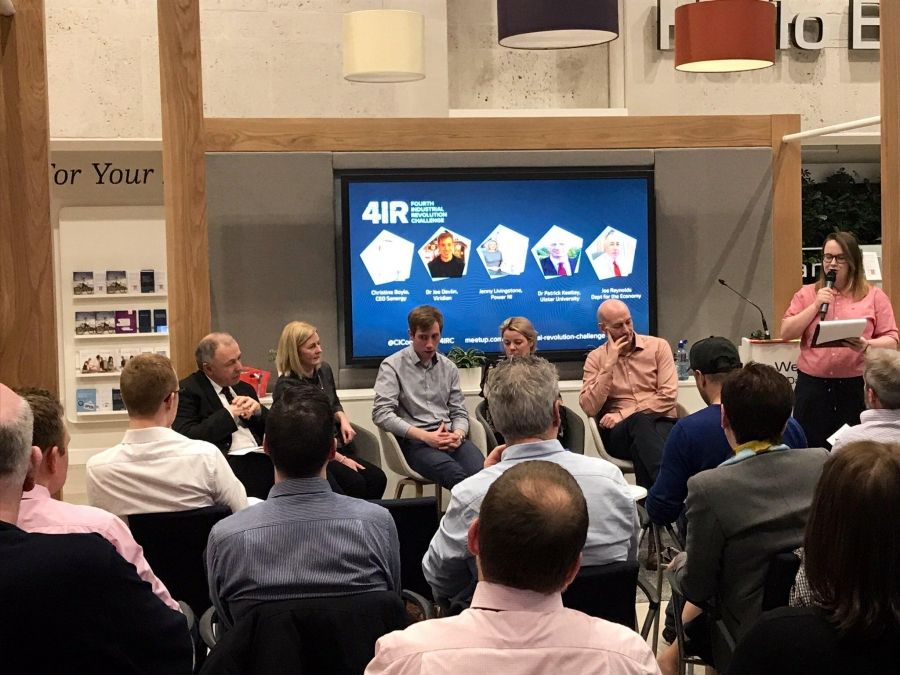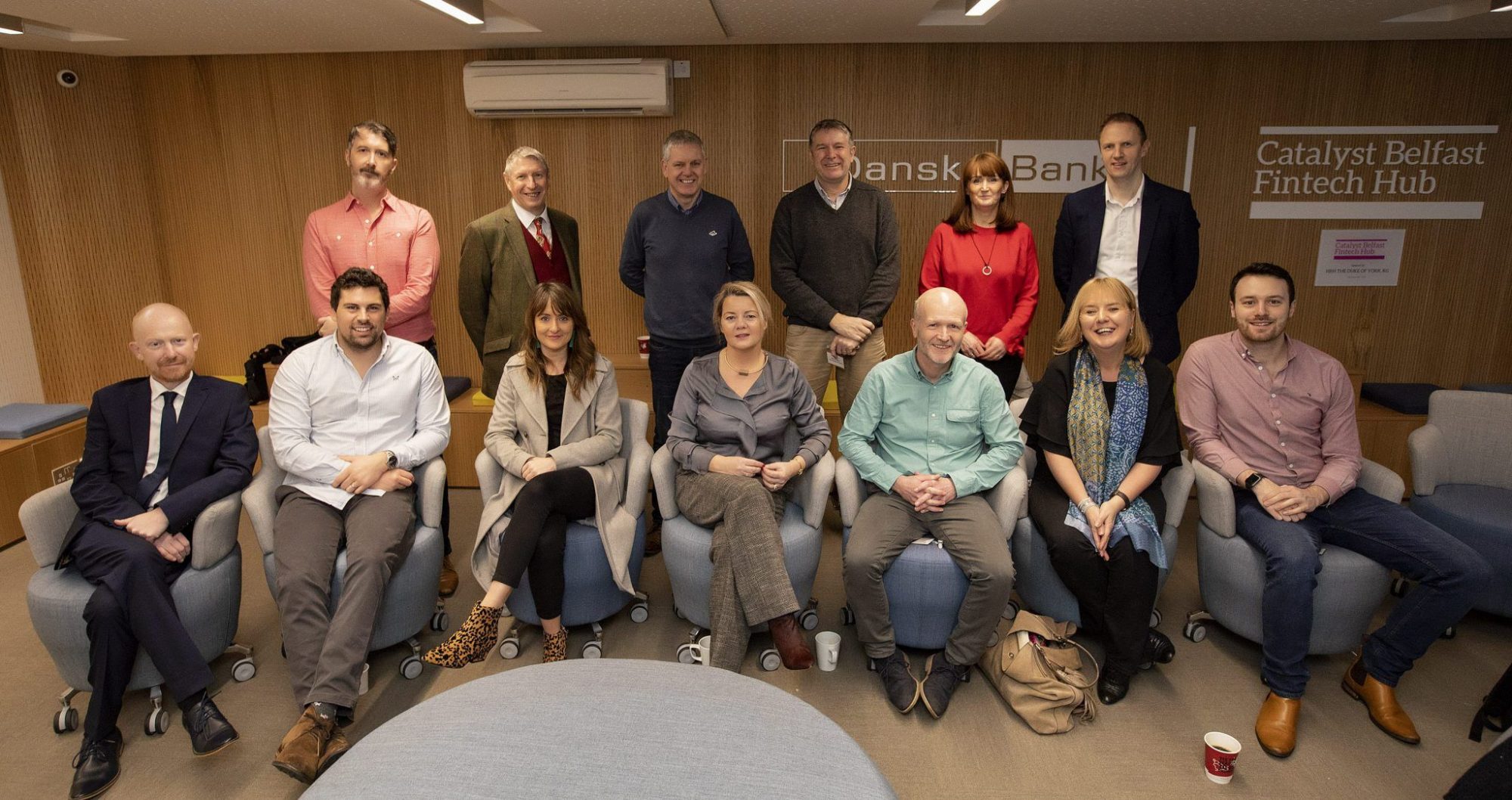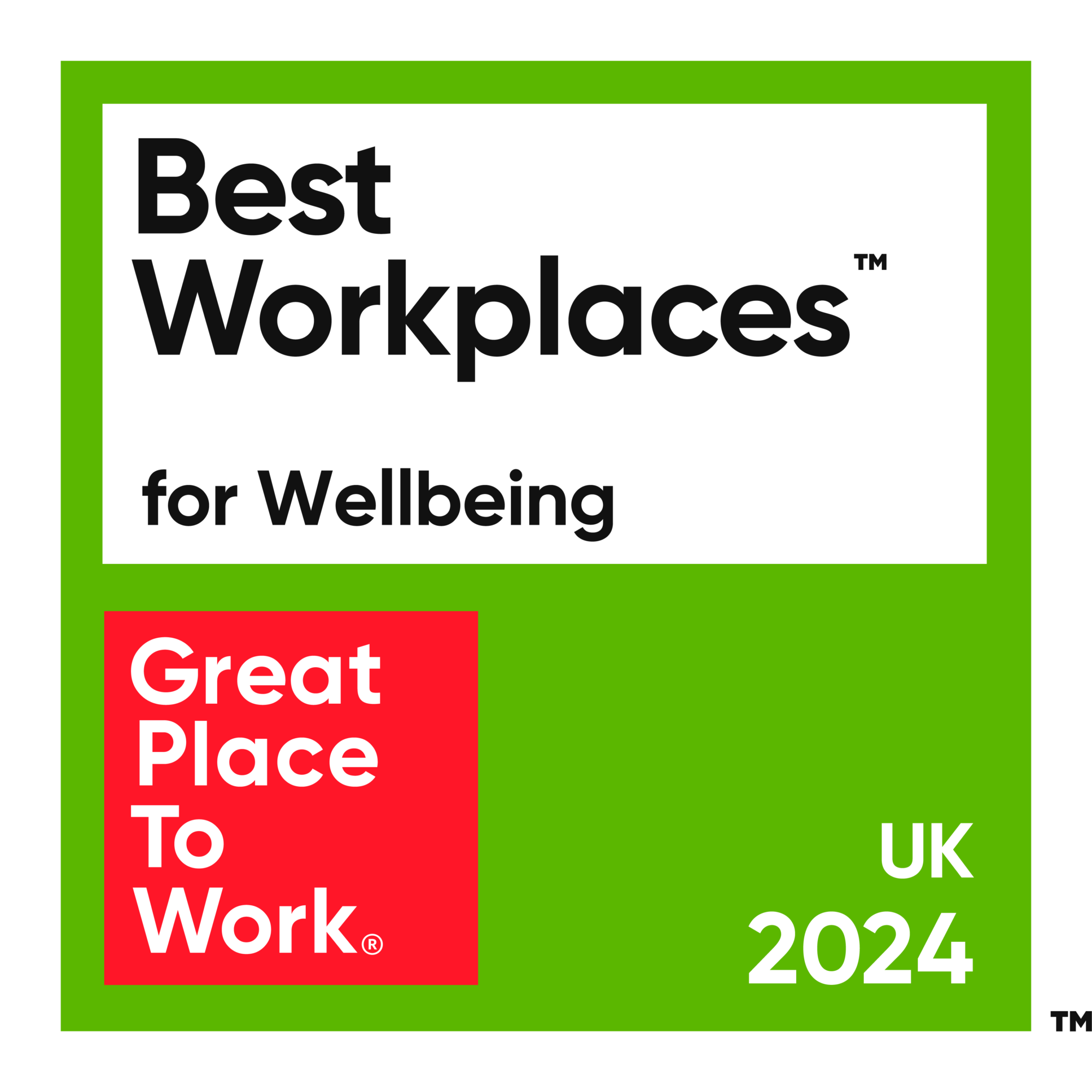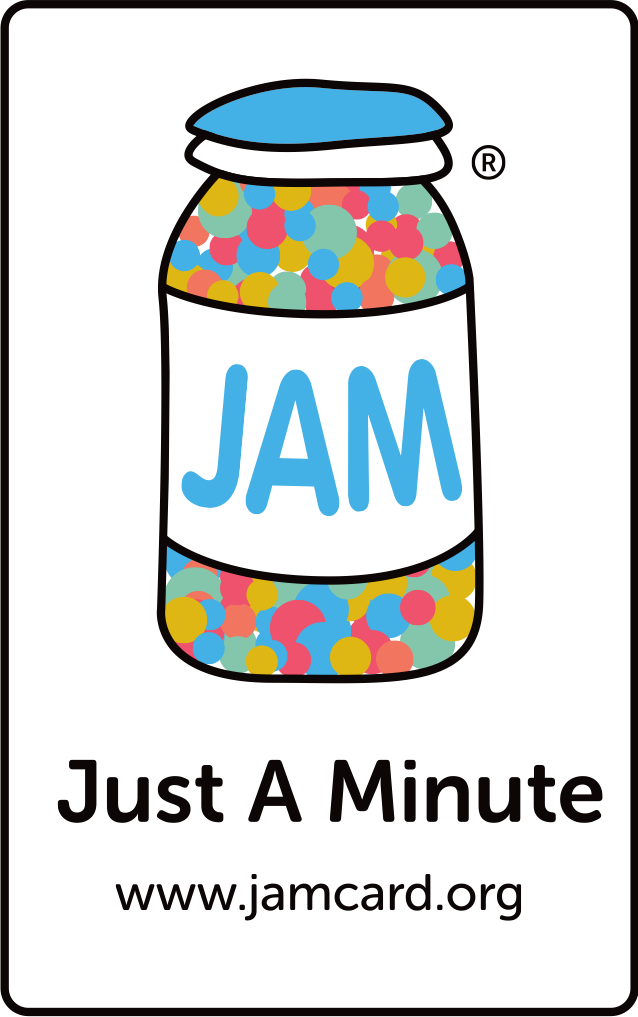AI research gets a grip on diabetes
Angelina Villikudathil is a researcher at Ulster University, currently using AI techniques to stratify patients with Type 2 Diabetes. Her data-driven study […]
October 24, 2018
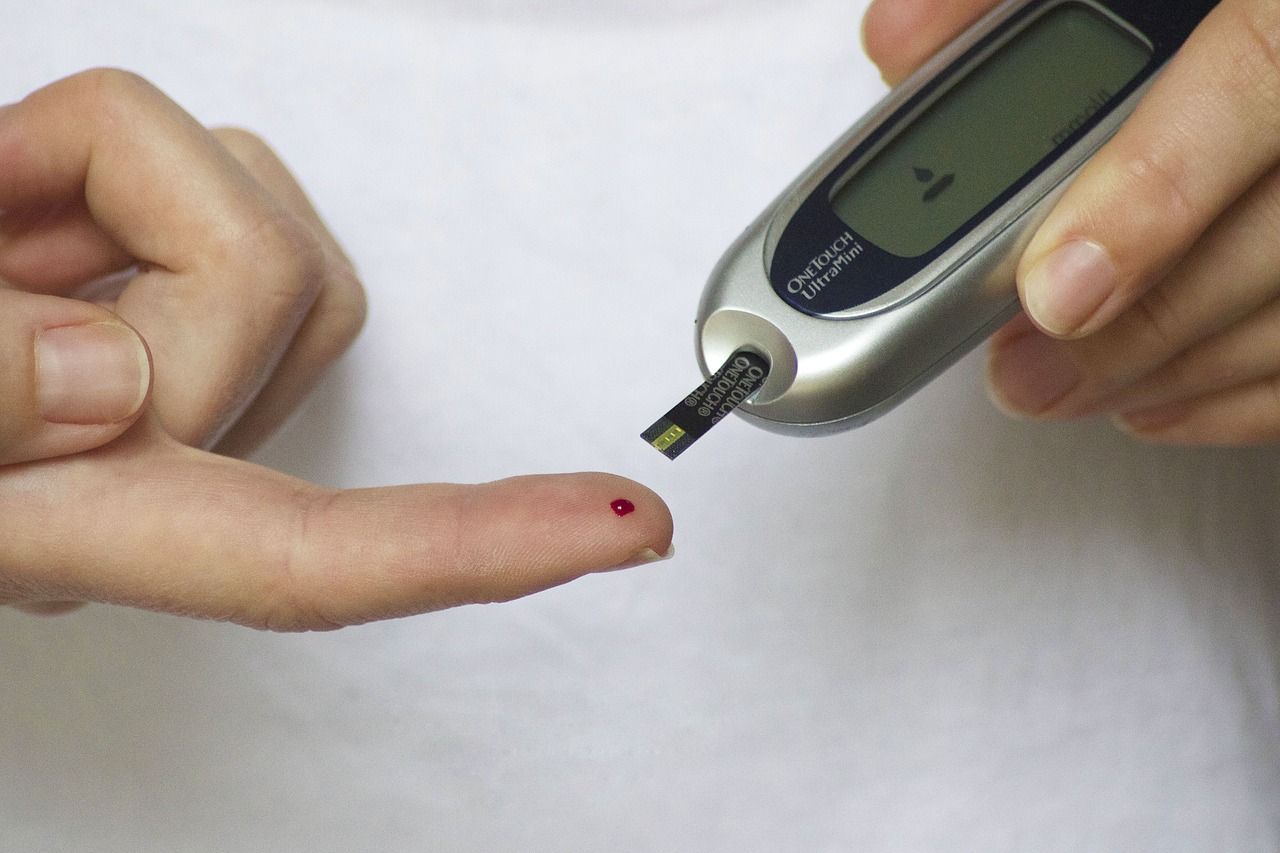
Angelina Villikudathil is a researcher at Ulster University, currently using AI techniques to stratify patients with Type 2 Diabetes. Her data-driven study is looking at the disease pathway for diabetes, especially through co-morbidity. Co-morbidity refers to when a patient suffers from two related conditions – for instance, diabetes plus heart disease.
“We identify biomarkers – proteins, genes – anything that stratifies patients,“ she says. “By determining the molecular phenotype and developing a range of biomarkers, we can assess individual patients.”
Her project applies AI algorithms to look at responders and non-responders to a particular drug.
“Different patient groups respond to the treatments, and others don’t. Analysing this data with machine learning gives us a greater understanding of the disease itself,” says Angelina.
A major benefit to this study is that doctors can diagnose a disease earlier. More tailored therapies could be developed for patient sub-groups. Also, the research is providing clinical insight into particular genes.
Why is it important to use AI techniques?
Angelina says, “If we employ artificial neural networks, the network relearns from existing predictions. This is similar to how the human brain works – the ability to continually learn from past experiences.”
The patients involved in Angelina’s study have all been treated at Altnagelvin Hospital in County Londonderry. Around 254 patients have consented for their data to be used in the study – SNP genotypic data.
In addition to the aims of reducing diagnosis times for patients, this could also save the NHS “billions of pounds,” says Angelina. She points to this recent BBC article questioning whether AI could save the NHS.
At the completion of the project, Angelina will earn her PhD in Machine Learning for Biology Applications. I ask her whether she’ll stay in Northern Ireland. “There are opportunities worldwide,” she says. “I can see many options – I’m just waiting for the right one.”
Resources:
Real-world illness requires medical multitasking Article at Nature:
https://www.nature.com/articles/d41586-018-05028-w
Centre for Disease, Control and Prevention Report:
https://www.cdc.gov/arthritis/data_statistics/comorbidities.htm
Multimorbidity: A challenge for evidence-based medicine
https://ebm.bmj.com/content/ebmed/15/6/165.full.pdf


